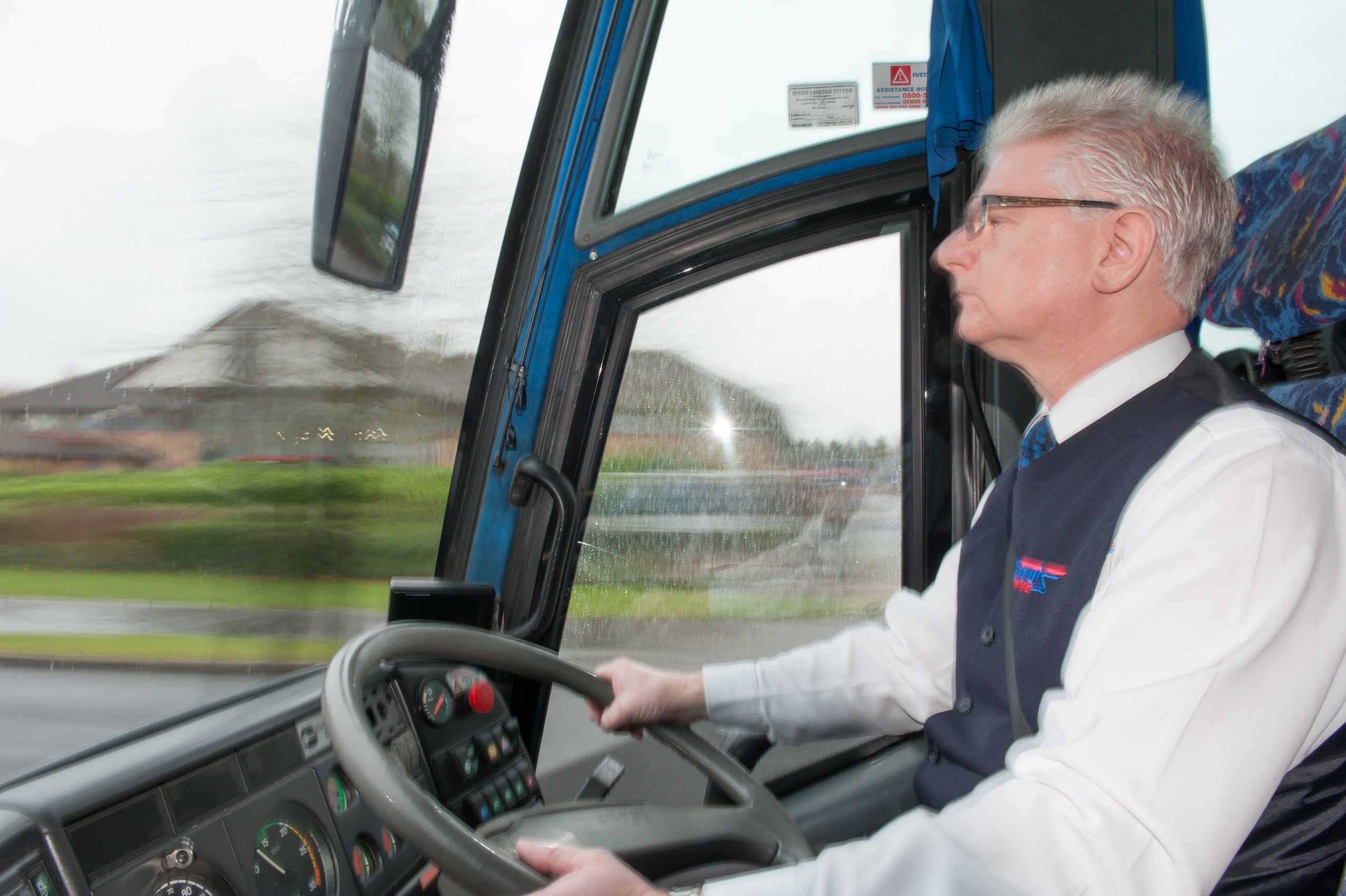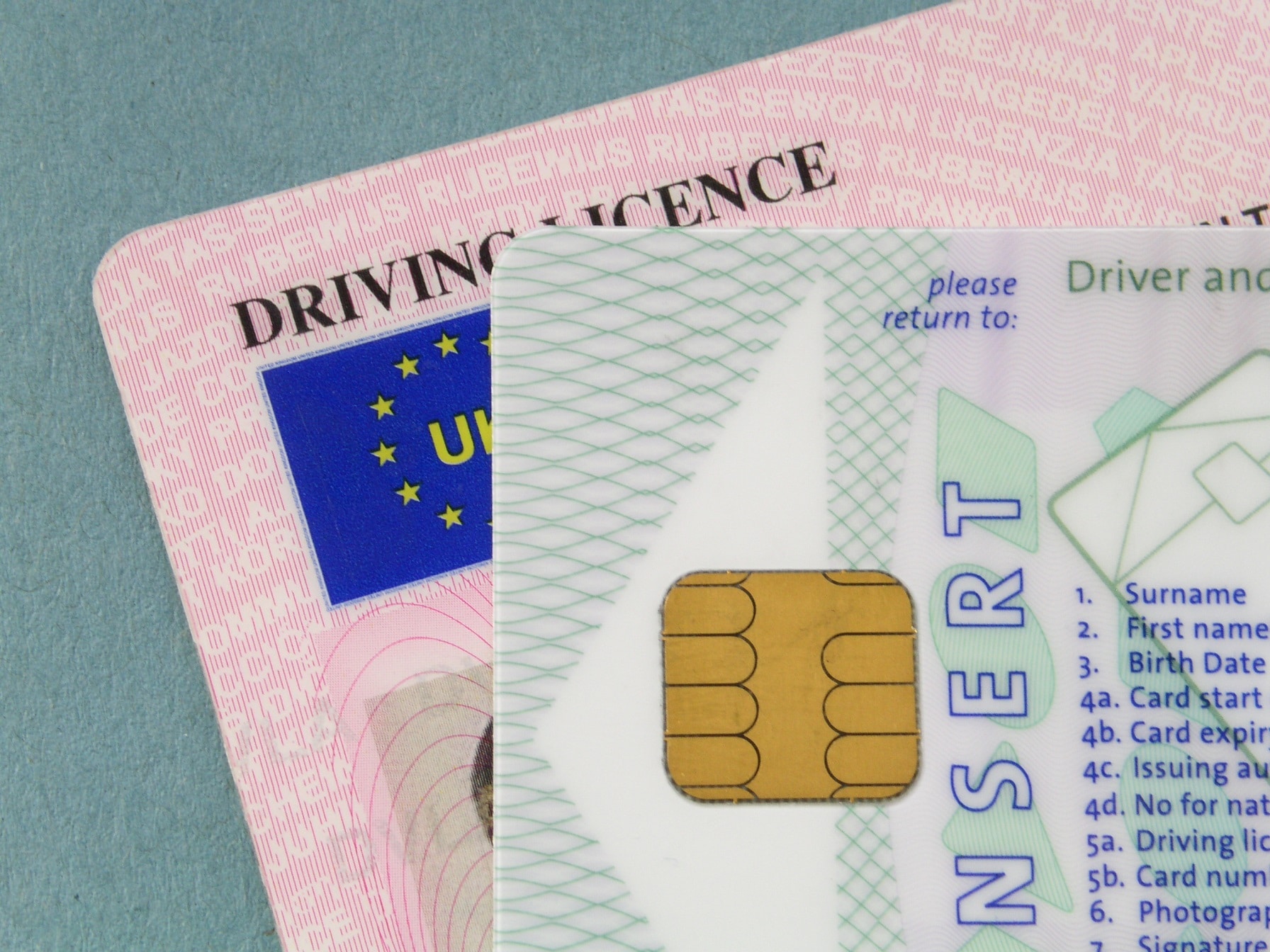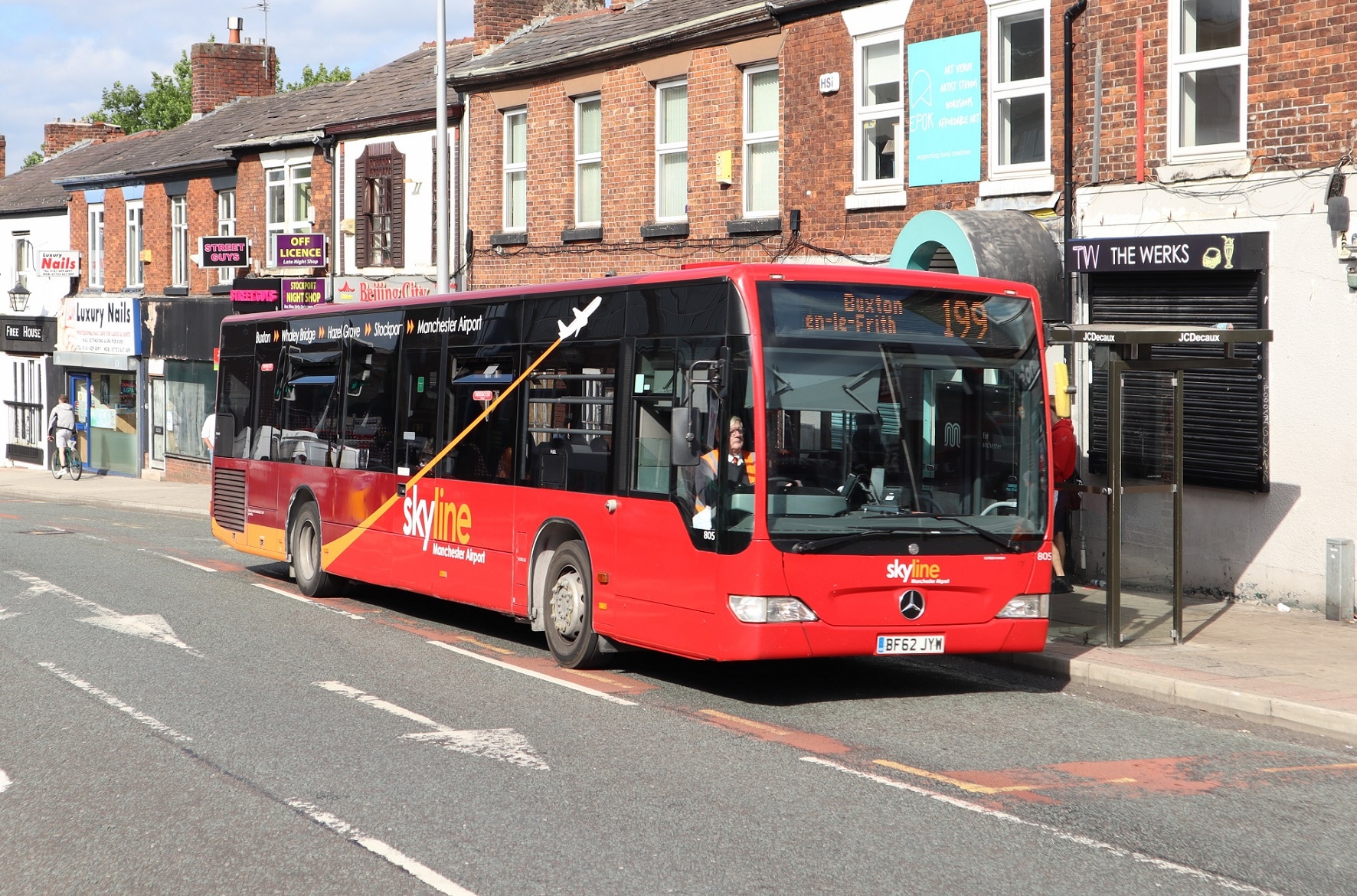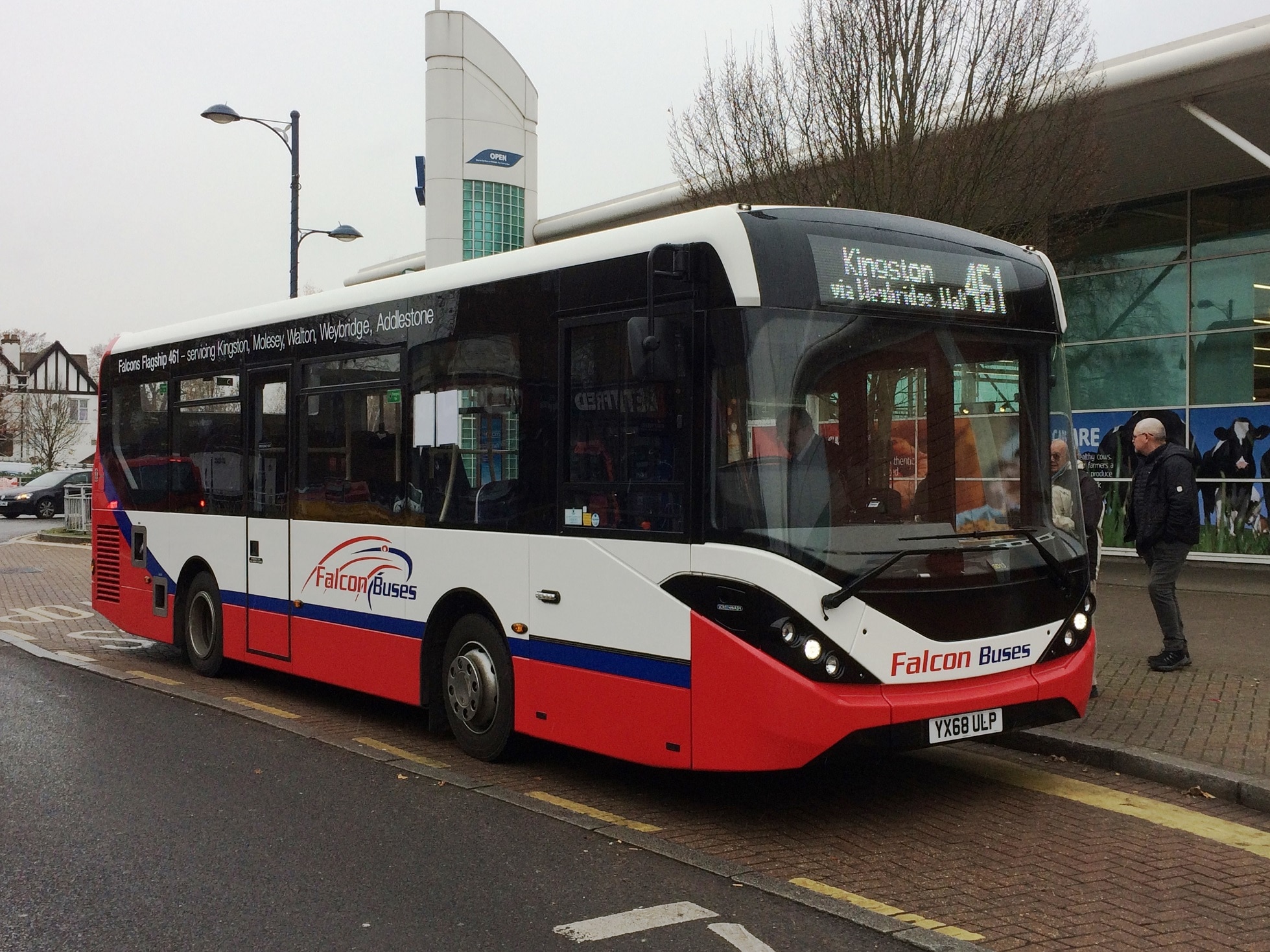Delays to the processing of vocational driving licence applications by DVLA appear to have receded significantly following engagement by the coach and bus industry and its representatives, both the Agency and operators have reported. But concerns remain that turnaround times where medical investigation is needed continue to be excessive.
A DVLA spokesperson says that straightforward applications are now being dealt with “within around five days,” adding that the Agency is “looking at ways to speed up this process even further.”
DVLA accepts that when an application is more complicated – including where medical investigation is required – delays may still be incurred. Trade body RHA has suggested that this element of processing “is still a major issue.” Operations Manager – Coach Sector Andy Warrender says that there are currently five applications, renewals and reinstatements among members that are not being processed more than three months after they were submitted.
Cautious welcome as vocational licence delays reduced
Despite that, one operator that earlier was vocal in its criticism of the delays to standard applications agrees that DVLA has “massively improved” its turnaround time. But Adventure Travel Managing Director Adam Keen adds that there remains room for further improvement.
“We are seeing new applications returned in between two and four weeks, which we can live with,” says Mr Keen, although one submission by an Adventure Travel trainee that was made in July has still not been dealt with.
Data published on 11 October stated that DVLA was processing applications for vocational driving licences that were received on 5 October, or four working days earlier. That represents a significant change from an earlier position, where delays at one point were over two months. The data is updated weekly.
Contingency to be put in place by DVLA?
In early October, the Confederation of Passenger Transport (CPT) said that feedback from members was that some – but not all – vocational licence applications were being returned within two weeks. “We are still getting reports of variability in processing times, and we are working through some examples with DVLA to identify whether all of those taking longer involve items like a medical issue,” says the Confederation.

CPT adds that it worked with DVLA to reduce standard processing times “from around eight weeks to around two weeks.”
DVLA says that the number of employees allocated to processing vocational licence applications has been doubled. It is understood that DVLA is examining the establishment of a second centre that can provide contingency capacity should difficulties return.
However, some operators have reiterated the impact that vocational licence delays have caused. On 30 September, Transdev Blazefield said that trainee drivers were waiting “over three times longer than usual” to obtain their licences. When combined with difficulties in finding test slots with DVSA, that had left the operator with 95 recruits in limbo and no option than to cancel some journeys at short notice.
While processing times have largely been reduced since then, on 4 October the PCS union said it would ballot its members employed by DVLA for industrial action, including strikes, over what it says is an “ongoing health and safety dispute” concerning the number of staff on site at DVLA’s Swansea offices. That ballot runs to 10 November.
Defence Driving Instructors start to conduct PCV tests
Meanwhile, Defence Driving Examiners (DDEs) seconded from the Ministry of Defence to help to clear the backlog of vocational driving test appointments can in most cases conduct PCV tests, the Department for Transport (DfT) has confirmed.
DDEs were due to begin conducting civilian vocational driving tests on 11 October. They will carry out five tests per day over a five-day working week. DDEs will be assigned to DVSA and customer sites with the highest demand.
Bringing in DDEs is part of the government’s response to difficulties with vocational testing, although it has been criticised in some quarters for acting too late. News that DDEs will be able to conduct PCV driving tests follows assurances given to CPT that work to increase testing capacity will be applied fairly across the passenger and freight sectors.
Separately, DVSA has again stated that vocational testing slots are going “unsold.” In week commencing 27 September, 397 such appointments were unutilised, down slightly from 402 seven days earlier but up from 316 in week commencing 13 September.
While the above developments at DVLA and DVSA have been welcomed, many operators continue to experience severe driver shortages. One business is currently engaging around 70 agency staff, while another has raised its hourly rate of pay (including a discretionary bonus) to £20 for night and weekend work.



























